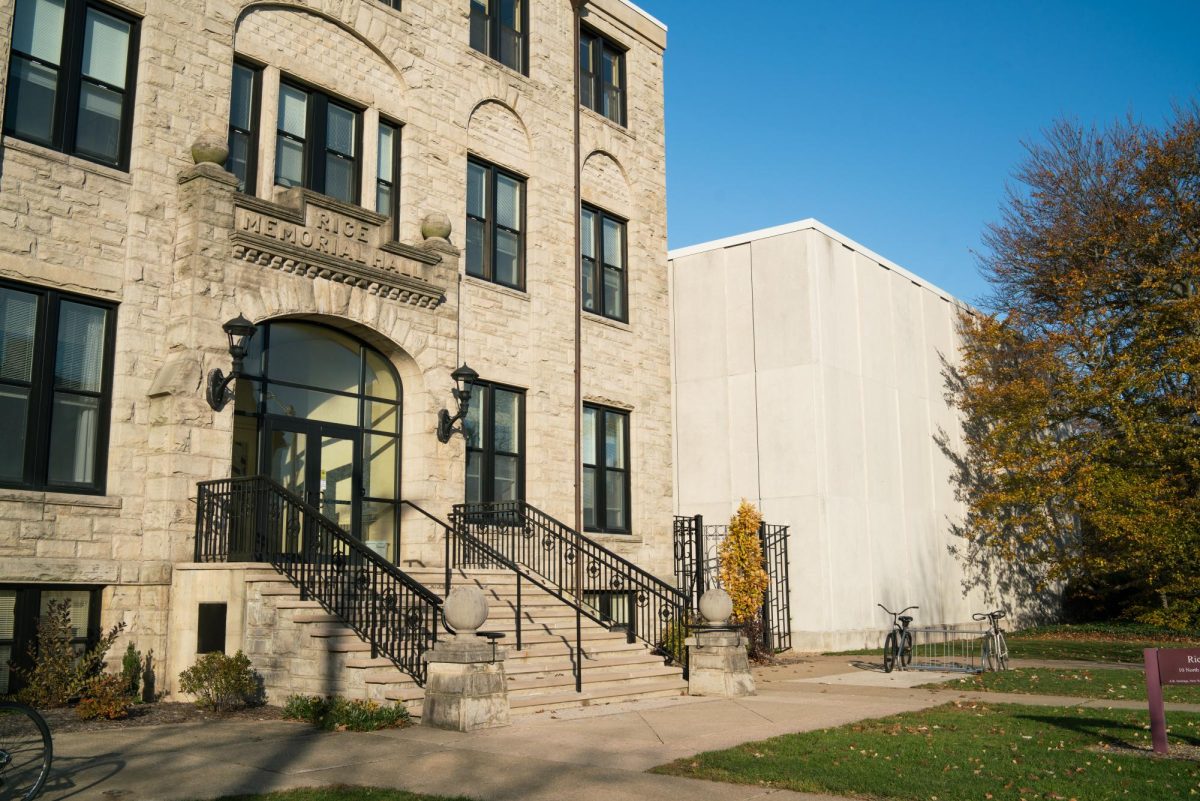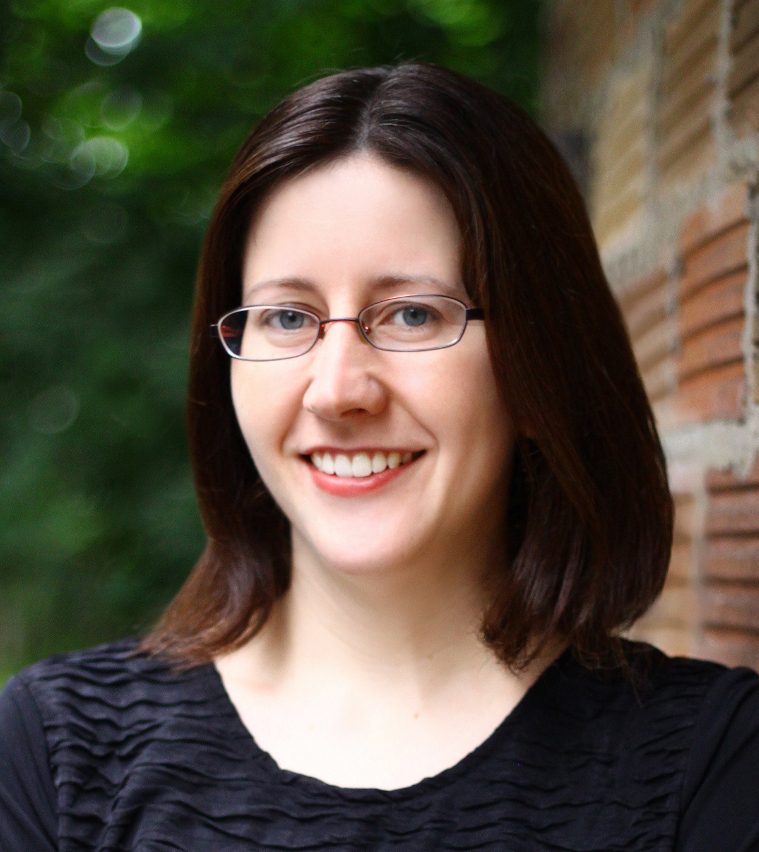In the wake of continuing international conflict in Eastern Europe and the Middle East, Oberlin faculty has addressed educating the greater College community in various ways.
On Feb. 24, 2022, Russian President Vladimir Putin authorized “special military operations” in Ukraine. Russian forces initiated missile and artillery offenses, attacking major Ukrainian cities. According to the United Nations’ refugee agency, at least 100,000 people left their homes in the first 24 hours afterward.
Shortly after the Feb. 24 attack, over 250 people attended a teach-in held by the department, facilitated by Professor of Russian and Chair of Russian, East European, Eurasian Studies, Tom Newlin. Additionally, the Russian, East European, and Eurasian Studies department hired a new professor who was more knowledgeable about the conflict. Visiting Assistant REEES Professor Anna Lordan, who was hired last year, has taught various courses focusing on activism within Ukraine and Eastern Europe. In addition to teaching, Lordan worked with two students to help a family in Elyria who arrived from Ukraine with translation and communication.
The curriculum in REEES classes has also been adapted to educate students about Ukrainian history and culture. Senior Lecturer in REEES Maia Solovieva’s class about writer Mikhail Bulgakov delves into his complex perspectives on Russian-Ukrainian relationships. A first-year seminar called Rebellion, Revolution, Rock-‘n’-roll has a section about artistic protest against the war in Ukraine. A class Newlin taught called Russian Foodways had a unit on Ukrainian food and, through a food sale, the class raised nearly $1,000 of aid for Ukraine. Newlin recognizes the importance of these classes within the department because they reflect the variety of cultures that are often erased.
“The Slavic field focuses on Russia, Ukraine, Belarus, and a number of other countries in Eastern Europe, as well as various cultures in Central Asia, the Caucasus, and the Baltics that are not Slavic but are on the border of the Slavic world,” Newlin said. “Russia as a colonial power has often erased important parts of those cultures — or has appropriated them and claimed them as its own. This is particularly true in the case of Ukraine. I think there’s broad recognition in the field that we need to acknowledge this and actively start to re-examine many aspects of this history.”
To reflect these changes, the Russian Language, Literature, and Culture department changed its name to Russian, East European, and Eurasian Studies as of the 2023–24 academic year. Beforehand, the department had a curricular committee called Russian and Eastern European Studies that heavily overlapped with the department itself. Newlin notes that the change is important symbolically, as it highlights the complexities of identity within the region. The Department will host a talk called “All the E’s in REEES: What does it mean to decolonize East European & Eurasian Studies?” Friday, led by Visiting Assistant Professor of Politics Amanda Zadorian and Lordan, to discuss this change and the overall future of the program.
After the Oct. 7 attacks on Israel committed by military group Hamas, Israel launched a siege of the Gaza strip on Oct. 9 and has continued ground operations since. This has resulted in the death of over 17,000 Palestinians, according to the Gaza Health Ministry, a humanitarian crisis, and international outcry for a permanent ceasefire. In light of these events, faculty members from the Middle East and North Africa Studies and the Jewish Studies department are making more room academically for the history of the Israeli-Palestinian conflict to be taught. Assistant Professor of Jewish Studies Matthew Berkman is adding an additional section to his class, The Israeli-Palestinian Conflict, for spring 2024, which is cross-listed as a Politics course. Berkman discussed the importance and objective of his class.
“My goal has always been to step back from the moral recriminations and reductive slogans that one finds in the political arena — whether on campus or on the internet — and instead provide students with the deeper historical background knowledge and conceptual frameworks they need to understand how things got to where they are today,” Berkman wrote in an email to the Review. “Through a variety of scholarly writings and a rich body of primary source documents, we examine the watershed events that have shaped the goals, ideologies, and capacities of the different parties to the conflict, and identify the local and international dynamics that have prevented a peaceful resolution.”
Additionally, Professor of History and Chair of International Affairs Zeinab Abul-Magd has centered her course on historical memory and politics in Egyptian cinema to include two documentary films about Gaza, giving students the chance to learn and process what is going on. Abul-Magd, who also serves as the faculty advisor for Students for a Free Palestine, provides support for students who are directly impacted by the Israeli-Palestinian conflict.
“In terms of my colleagues, MENA and Jewish Studies faculty share the same values and ethical visions about how this crisis should end,” Abul-Magd wrote in an email to the Review. “We largely make sure that we have a unifying voice in addressing the students’ need for accurate information and urgent support. In terms of my students, I do my best to provide appropriate historical knowledge, as well as emotional support to minority students who are specifically impacted by the conflict, namely [Palestinian], Arab, and Muslim students across campus.”










